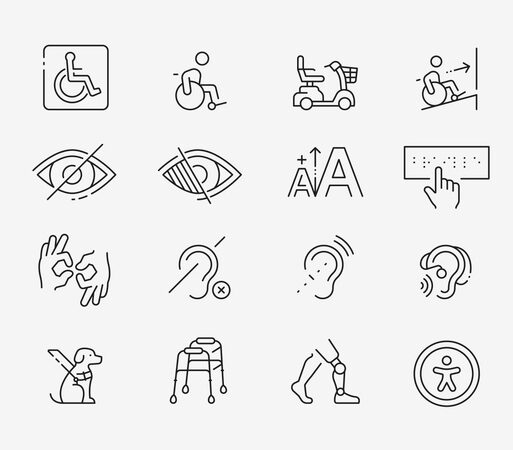Fall prevention is an important factor in determining how well older adults are able to maintain their independence and continue to age-in-place successfully. Falls are the leading cause of emergency room visits among seniors and they often precipitate a move into an assisted living facility. But new research has found that serious falls are also a health risk for middle-aged adults, especially those who take multiple medications.
According to Yale University research using data from the Veterans Aging Cohort Study, falls are a problem not only for elderly adults but also for people in their 50s. Polypharmacy, the use of several different medications taken concurrently, may contribute to an increased risk for serious falls. Medications used to treat anxiety, insomnia and pain such as benzodiazepines or opioids can lead to falls that cause serious injuries. The study also suggests that alcohol and illegal drug use may be a factor in falls among middle-aged adults.
It’s always important to talk with your doctor or pharmacist about the potential side-effects of any prescription or over-the-counter medication and how they may interact with alcohol or other drugs. Each visit with a primary care physician should include a thorough review of any medications or supplements taken to determine if they are still necessary and if they pose a risk for falls or could lead to an automobile accident or other hazards.
As we age, our body’s ability to process drugs and alcohol may change and the tolerance adults experienced in youth may begin to change in middle to older age. And because baby boomers came of age in an era when recreational drug and alcohol use were not taboo, many continue to drink and use illicit drugs even in older age when they may also be taking multiple medications for chronic health conditions.
More research points to the need for fall prevention interventions to begin in middle age. A recent study out of Trinity College Dublin discovered that the incidence of falls sharply increased in women over the age of 40. Researchers found that falls were quite common in adults over the age of 50 when diabetes, arthritis and balance problems could pose a problem. By developing programs to improve balance and strength and conduct medication reviews in middle age, more fall could be prevented. To prevent injury to hips that may prove devastating, consider the use of hip protectors.







Add Your Voice
0 Comments
Join the Discussion